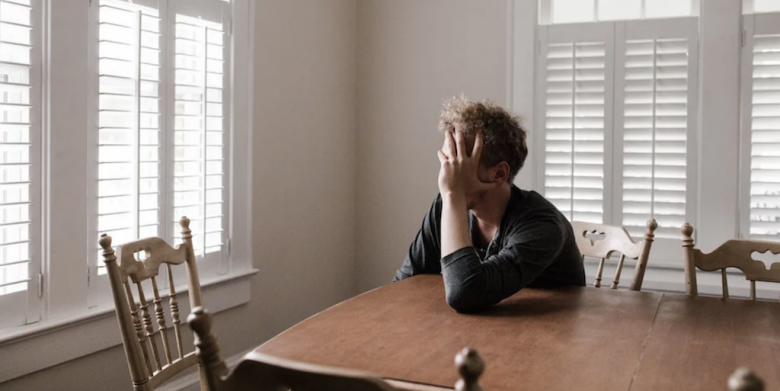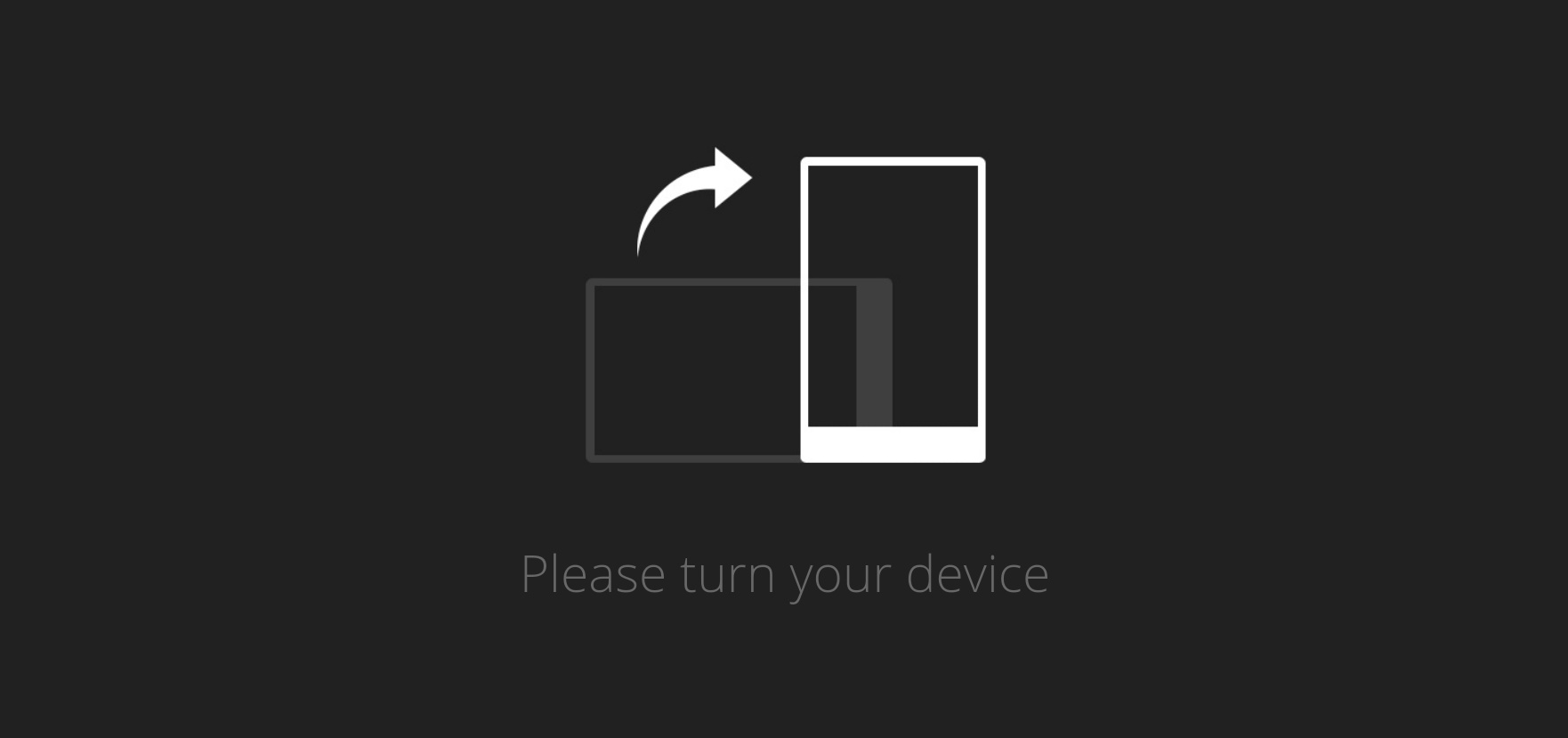
4 Practical Steps To Take When You Feel Like You’re Stuck In A Rut

Don’t put your future on hold. Study in 2020. Apply today.
You’re not the only one feeling unmotivated at the moment. This year has all-but obliterated the ambitions and goals of even the most organised people. But, with the pandemic restrictions now easing and some parts of life getting back to normal, this is a good time to take stock.
Are you still feeling stuck? How should you get this train wreck of a year back on track? Or, is it time to chart a new course through new skills or a return to higher education?
#1 Reflect On What Matters To You
In some ways, a crisis can be weirdly clarifying. Dr Amanda Taylor, a clinical psychologist and lecturer at The University of Adelaide, suggests using this time to “check in with what is important to you”. Family? Generosity? Curiosity? Fitness? “These [are] your values … Many people feel more of a sense of fulfilment when they are acting in a committed way towards their values.
“One way to help to gain some clarity is to look back at [your] patterns over time. When you look back over the past year or two, what are the types of activities or experiences or topics that give you a sense of energy, excitement or satisfaction?”

Image: Karolina Grabowska / Pexels
#2 Build A Routine
When you’re feeling a little lost, it can be helpful to recognise what is inside and outside your control. It’s totally normal to be feeling stressed right now but, unless you’re an epidemiologist, there’s not much you can do about the global pandemic. Instead, Taylor suggests trying to focus on what’s inside your control: “What are the things you can do to work towards your values?”
If one value is family, why not schedule a weekly dinner with your parents? If generosity brings you joy, can you regularly volunteer some time to a local charity?
“Having some routine is really important,” psychologist Marny Lishman told Junkee. Then, the trick is sticking to it: “You might not feel like exercising, but exercising will help you feel differently. You might not feel like going to socialise with your friends, but it will make you feel better.”
#3 Start With Baby Steps
A positive routine starts with the small things: good sleep, nutritious meals, or limiting how much news you’re reading. And you should always schedule time to really rest and unwind.
“If you’re feeling tired and fatigued, that’s your brain telling you that you need to slow down,” Lishman says. “Inject time into your day to re-energise, recharge and relax: go to bed earlier, have a nap in the day, do some meditation for 20 minutes just to recharge, sit in the park on your lunch break…”
Taylor also suggests to aiming for goals and new routines that are achievable. “For example, instead of taking on new projects like learning to make sourdough from scratch, try to set a more manageable task, like cooking one new recipe that you haven’t tried before each week.”

Image: fauxels / Pexels
For Tia Milohis, a second-year psychology student and student recruitment officer at The University of Adelaide, daily walks were a huge help during iso. “Being able to go outside and go for a walk — just for the fresh air, not to lose weight or anything — was really nice,” she says. When I got home, that gave me a little motivation boost.”
#4 Change Direction If You Need
Of course, sometimes it becomes clear that something much bigger needs changing. If the key pillars in your life — work, study, relationships — aren’t lining up with your values or making you happy, it’s okay to reassess. “Lots of personal growth happens when we’re going through adversity,” Lishman says. “It throws us into a different way of thinking.”
Milohis is familiar with this process. “I’ve tried many degrees and never graduated,” she says. “I studied laboratory medicine for six weeks and just did not care about it at all. Everyone else in the class found it so interesting and fun, and I was always on the outside.” She then tried marketing for two years because a friend was studying the same course. “I wasn’t passionate about it … I was wasting my time.”
“Then I figured out what I wanted to do: I came across the Bachelor of Psychological Sciences at the University of Adelaide and it ticked all my boxes, especially being able to pair it with criminology. Now I have this weird motivation that I’ve never felt before, because I’ve never done anything that I actually wanted to do.
“It took me nearly four years, but I finally found what I’m passionate about.”
This article was originally published on Junkee.
We’re here to support your life goals. Whether you’re looking to re-skill or just start out with university, the University of Adelaide is here to help you get ahead. Hurry, application are closing soon. For more information visit adelaide.edu.au/mid-year.
(Lead image: Andrew Neal / Pixabay)
